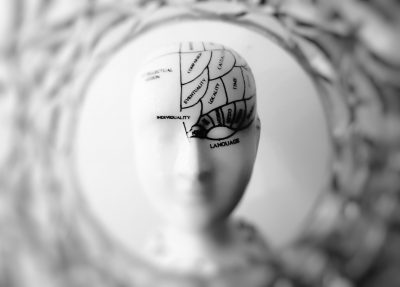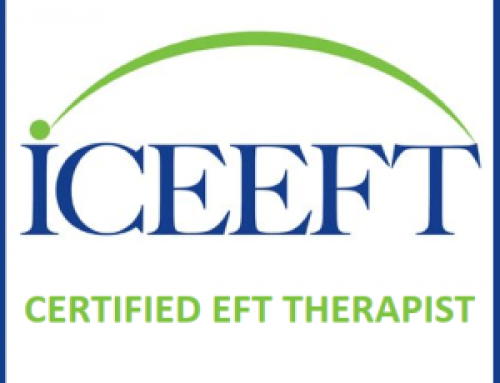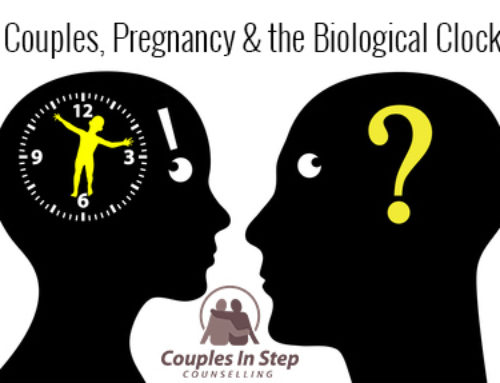 Edited version of article first published for the Northumberland News, Cobourg, ON, February 2012
Edited version of article first published for the Northumberland News, Cobourg, ON, February 2012
Poets, song writers, and story tellers have long celebrated love, questioned love, and agonized over love. Of late scientists have begun to study love. Scientists are putting adult love under the microscope and making amazing discoveries.
Adult Love: It’s About Attachment
A growing body of scientific research into adult love is demonstrating that the strength of the emotional bond between partners is far more important than having common interests, great communication skills, fair fighting, or the ability to be self-sufficient. We have a wired-in need for safe and secure attachment with a few significant others. Rugged individualism is actually bad for our health, longevity, self esteem, and, yes even our earning potential.
Brain Science Supports Attachment
A Virginia researcher, Jim Coan has done an interesting experiment that underlines the importance of attachment. He put women into an MRI machine. He told them to expect small electric shocks. Women who were alone when shocked had MRI’s that registered more pain than women whose hands were held by strangers. But the women who experienced the least amount of pain, by far, were those whose hands were held by a beloved partner.
Neuroscientists have actually discovered that emotional rejection and physical pain are coded identically in the brain. In other words, the pain of rejection is not a metaphor. People really feel it.
Core Attachment Questions
What these two studies and many others reveal is that we flourish when we experience affirmative answers to core concerns such as “Do I matter to you?” and “When I need you, will you respond?” When we have a secure base—a solid attachment or a safe haven with someone we love—we can better tolerate all the stresses of life, including the inevitable challenges that every relationship faces.
Therapist Uses Adult Love Research in Therapy
Irene Oudyk-Suk is a local couple’s counselor who uses the findings of brain science to inform her work with couples. She gives an example.
“Consider a typical husband. Balancing work deadlines and kids’ soccer games make him feel rushed and worried that he can’t do it all. He needs reassurance. Reassurance is an attachment need. But he doesn’t ask for it. He, like many of us,” says Oudyk-Suk, “has been taught that attachment needs are a sign of weakness. So, instead, he becomes quiet and, to his wife, seems distant and non-interested. She tries to snap him out of it by snapping at him. It is a moment of disconnection. What happens next makes all the difference in the world for this couple. If he gets defensive or angry, and further retreats into himself, she may well snap all the more, intuitively sensing that somehow she needs to reconnect. This sets up a withdraw/pursue cycle.”
“Losing connection repeatedly endangers our sense of security and safety. Feelings of rejection and panic set in. If you were in an MRI machine, having these feelings,” Oudyk-Suk explains “the amygdala, the part of the brain highly sensitive to threat, would light up in a nanosecond. Trouble is, a brain with a highly charged amgydala doesn’t take the time to think, it just reacts. And it reacts in only one of two ways: leave the danger far behind by running from it, or tame the danger by fighting it into submission.”
Oudyk-Suk says that when couples don’t take the time–or don’t know how–to repair moments of disconnection, these moments eventually take on a momentum of their own. The couple is trapped in a never-ending negative cycle that unravels their attachment. Oudyk-Suk teaches partners to recognize these negative cycles as cries of attachment distress. “I then help partners to repair and reconnect, thus strengthening their attachment bond.”
Emotionally Focused Couple Therapy
Sue Johnson is an Ottawa researcher and clinician who has trained hundreds of therapists worldwide, including Oudyk-Suk, in Emotionally Focused Couple’s Therapy, or EFT. A substantial body of research outlining the effectiveness of EFT now exists. Research studies find that 70-75% of couples move from distress to recovery and approximately 90% show significant improvements. Oudyk-Suk facilitates regular couples weekend retreats that explore practical ways any couple can enhance their attachment.




Leave A Comment